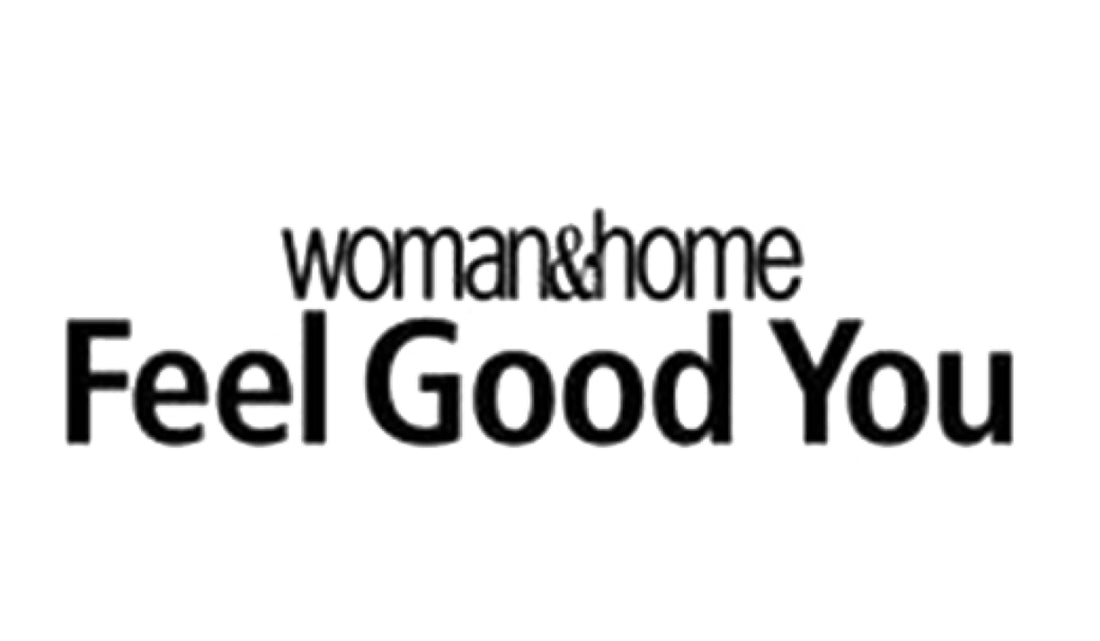
Dagsmejan Recovery - one of the top health trends 2021
The popular health and fitness magazine Women & Home Feel Good You has listed their top 2021 health trends and what they believe will be "making headlines over the coming months". Dagsmejan is featured with our athletic recovery sleepwear consisting of sleepwear with revolutionary fabric features that helps enhancing muscle regeneration.

"Dagsmejan's sleepwear will help you recover while you're in the land of nod"

THE WORLD’S MOST COMFORTABLE SLEEPWEAR
Discover why Dagsmejan has been called the most comfortable pyjamas in the world and how you can sleep better with our temperature regulating and moisture wicking pyjamas.






